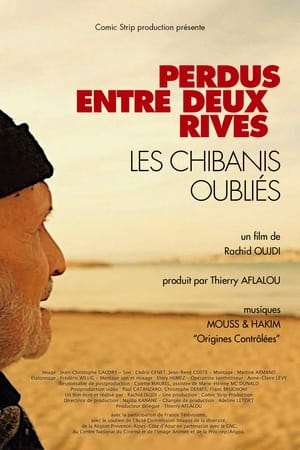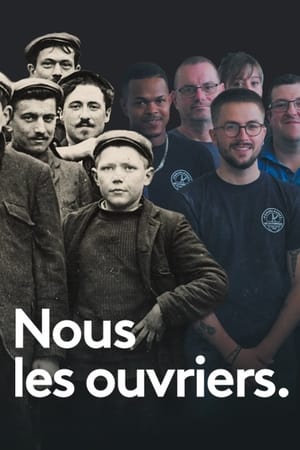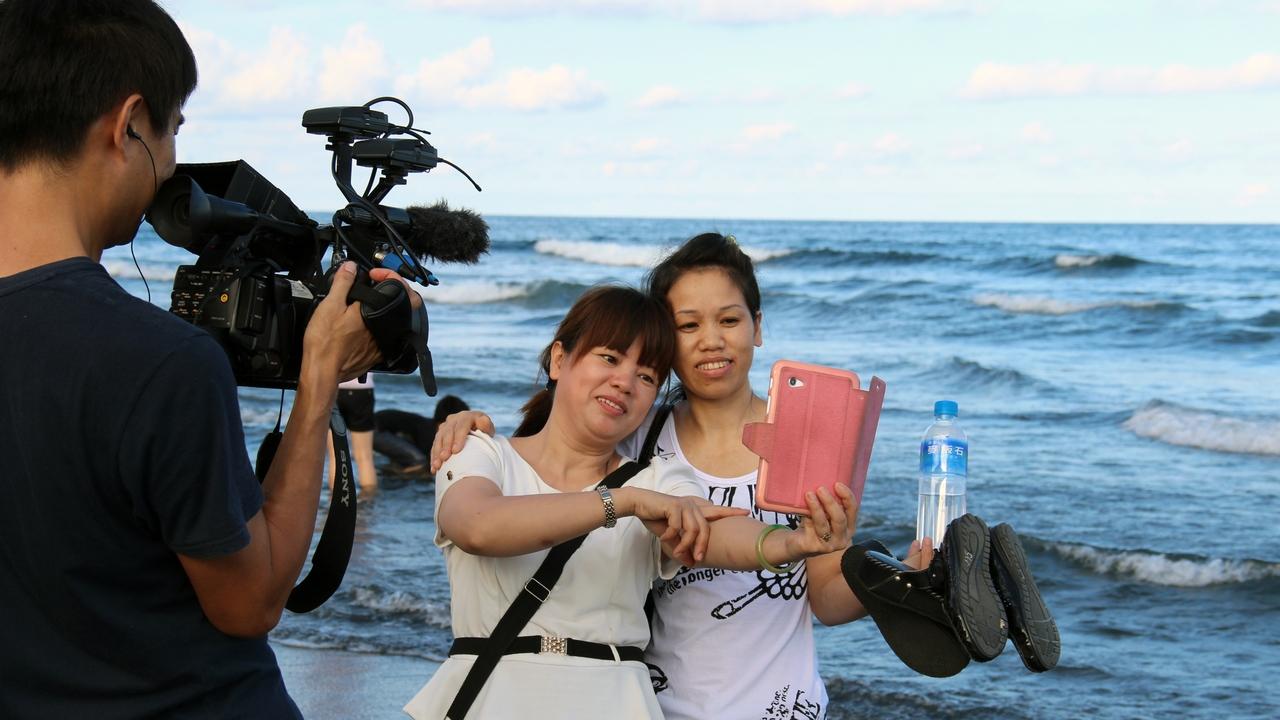
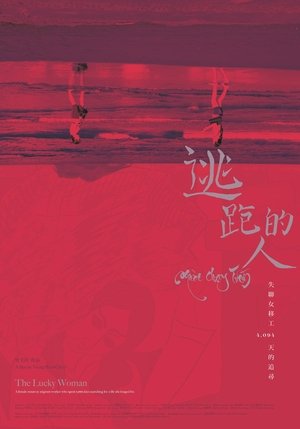
The Lucky Woman(2020)
This film follows the lives of undocumented Vietnamese workers in Taiwan doing odd jobs to survive, after having been forced to flee their employers due to harsh working conditions and lack of medical care. How will living this way for more than a decade shape their lives?
Movie: The Lucky Woman
Video Trailer The Lucky Woman
Similar Movies
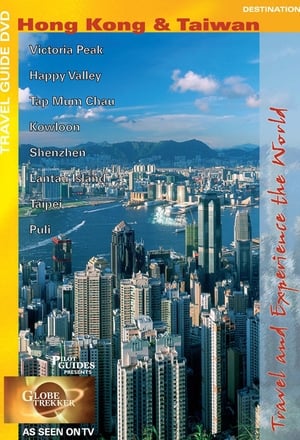 7.0
7.0Globe Trekker: Hong Kong and Taiwan(en)
Hong Kong and Taiwan are 2 islands inextricably linked by their huge neighbour. Modern metropolises full of eastern traditions, they're forging forward in the 21st century as China's little dragons. Traveller Megan McCormick begins her journey in Hong Kong, looking out at the incredible skyline from Victoria Peak. She then takes in the contrasts of the city before taking the ferry visit Tap Mum Chau and Lantau Island. After a flight to Taiwan she explores the capital Taipei, ending her trip with a visit to its most remote outpost - Orchid Island.
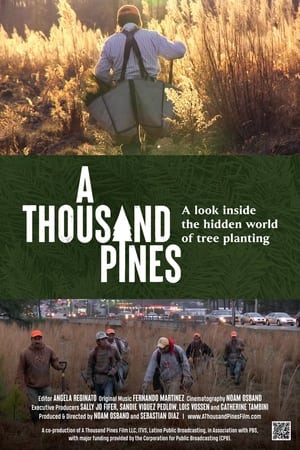 0.0
0.0A Thousand Pines(en)
In this tale of labor and family that shines a light on the precarity of temporary work visas, Raymundo Morales leads a crew of workers who have to make the challenging decision to leave their families in rural Mexico to plant commercial pine forests in the United States.
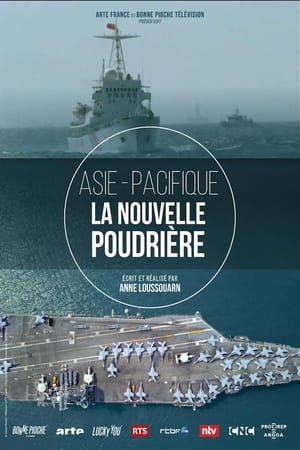 7.0
7.0Asie-Pacifique - la nouvelle poudrière(fr)
As soon as he came to power in 2012, Xi Jinping clearly stated his ambition for a national renaissance. He will combine this with the construction of a powerful army and a certain vision of Chinese territory, which includes the reunification of Taiwan. In this quest, control of the oceans has become a crucial issue, and America an obstacle. In the South China Sea and the Pacific, the Chinese Communist Party has been pursuing a strategy to undermine American influence for the past decade. Relying on the active participation of maritime militias - fishermen trained by the military - China is creating a grey area between war and peace that destabilizes both its neighbors and the world's leading military power.
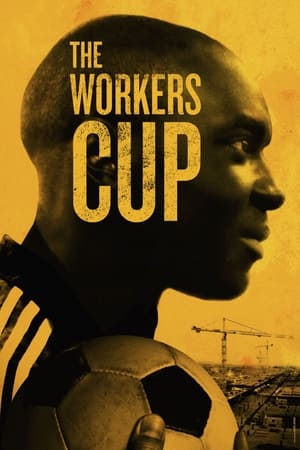 4.0
4.0The Workers Cup(en)
Inside Qatar’s labor camps, African and Asian migrant workers building the facilities of the 2022 World Cup compete in a football tournament of their own.
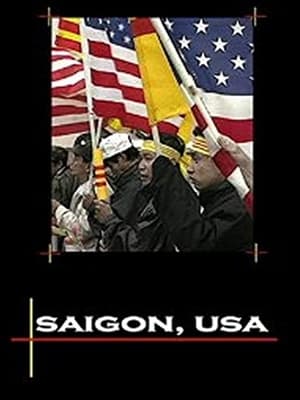 0.0
0.0Saigon, U.S.A.(en)
Since the fall of Saigon in 1975, Vietnamese refugees have built the largest Vietnamese community outside of Vietnam, in Orange County, California. In 1999, "Little Saigon" burst onto the national stage when a store owner displayed a poster of Ho Chi Minh, triggering protests by Vietnamese Americans struggling to reconcile their past demons with their present lives. Saigon, U.S.A. uses this moment to examine this community's changing identity and growing empowerment.
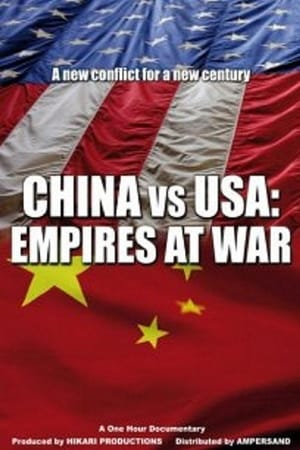 7.0
7.0China vs USA: Empires at War(en)
China keeps claiming sovereignty over Taiwan. The USA believes the Tech industry of the island nation needs to be protected. Prominent international experts from both sides, China vs. USA, Empires At War explores all the issues that could lead to war.
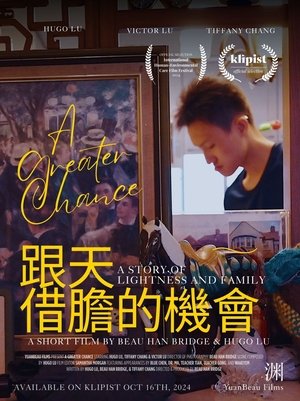 0.0
0.0A Greater Chance(zh)
Upon learning of his father's terminal illness diagnosis, a young, autistic, hearing-impaired artist travels back to Taiwan with a filmmaker to make a film in his honour.
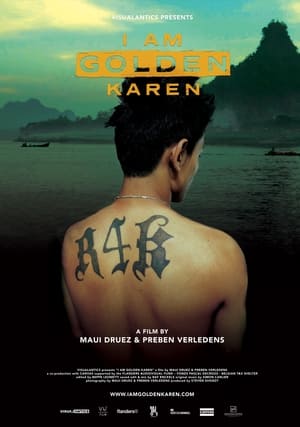 0.0
0.0I Am Golden Karen(en)
I AM GOLDEN KAREN is a coming-of-age story of Thaawa, a Karen refugee in search of his identity as a migrant in Thailand. In between puberty and adulthood, he nurtures a strong desire to return to his motherland, Karen State, Burma.
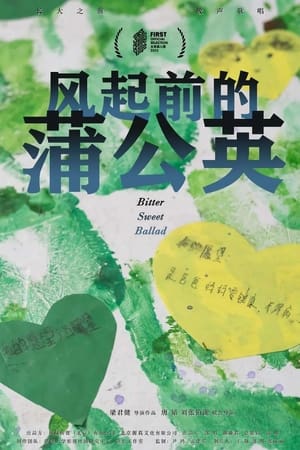 0.0
0.0Bitter Sweet Ballad(zh)
This is a story about youth with music. It all happens at the Dandelion School, Beijing’s first middle school specifically established for the children of migrant workers. Every year when new pupils arrive, Ms. Yuan Xiaoyan, who has worked in the school choir for eight years, would choose a group of music-loving first-years with solid musical foundations to join the choir. A new group of children join the choir while those who have advanced to the second year have to discuss with their families their future choices. For choir members, their music career in middle school will eventually stop due to the pressure of high school entrance examinations and the inevitable parting. But along this journey accompanied by music, they have been savoring the joys and sorrows of their youth, burying them deep in their hearts, and transforming them into growth-promoting nutrients.
Beyond Ratings(hi)
Three women share their experience of navigating the app-world in the metro city. The sharings reveal gendered battles as platform workers and the tiresome reality of gig-workers' identities against the absent bosses, masked behind their apps. Filmed in the streets of New Delhi, the protagonists share about their door-to-door gigs, the surveillance at their workplaces and the absence of accountability in the urban landscape.
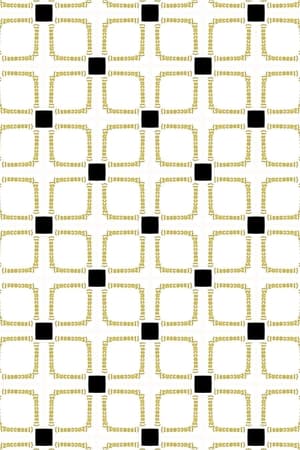 0.0
0.0Several Successful Situations; Simultaneous & Successive(en)
I enjoy religion, I appreciate belief systems and how they offer structure to people's lives. I also appreciate how spirituality manifests itself in Asian cultures as this almost earthbound presence guiding people through every day life and when they need an extra bit of help they need only ask whichever deity holds dominion over their desire. Here is an experimental film I made with videos from my iPhone. Shot across Taiwan and South Korea. An experimental film I made with videos from my iPhone. Shot across Taiwan and Korea. My aim was to explore success in how it pertains to every day life, the satisfaction of small moments, spirituality, superstition, and daily rituals.
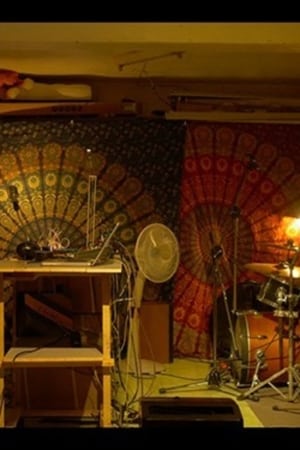 0.0
0.0My Life with the Wave(zh)
In order to pursue a life different from the past, two musicians with different backgrounds leave Taipei. One is Tz-Fan Hsu, the head of the band, The Last Wave, and the other is Thomas, the driving force behind Sheng-Xiang & Band. The two landed in Kaohsiung to start a new musical life.
 0.0
0.0Personale(it)
Folding towels, straightening out sheets, taking bathrobes out of the dryer, stripping beds, cleaning up vomit. Fluffing pillows—making a dent for elegantly turned-up corners—and endless scrubbing, cleaning and clearing up messes. Behind the scenes of a hotel in the Italian Dolomites, the staff do everything they can to serve the guests and prevent complaints. The hotel has four stars, and a fifth is in sight.
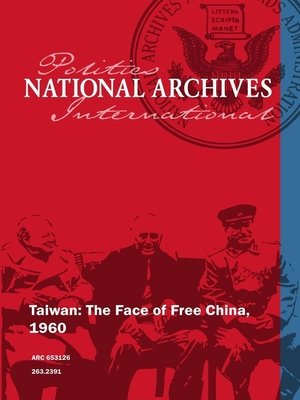 0.0
0.0Taiwan: The Face of Free China(en)
A documentary produced by the United States Central Intelligence Agency (CIA) that covers the history, land reform, industry, religion, educational system, and urban activities of Taiwan.
 5.5
5.5Money for Bread(tr)
Women from Turkey and Mecklenburg are working together side-by-side at a fish-processing factory in Lübeck. As they work, they share stories about their lives, including their sorrows, griefs, hopes, and dreams, while expressing their longing for home and feelings of being lost in a foreign place.
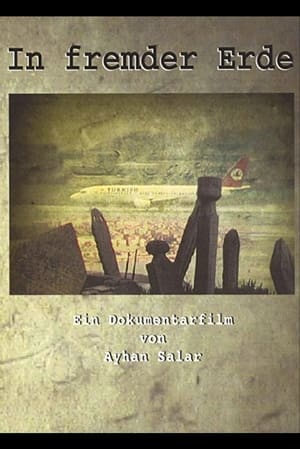 0.0
0.0In Foreign Soil(de)
In fremder Erde (In Foreign Soil) documents the Muslim traditions of burial in Turkey and Germany, but above all, the paths the dead take to return to Anatolian soil.
The Art of Nôm(en)
The Art of Nom explores an ancient and nearly extinct Vietnamese script called Chu Nom and the five scholarly artists known as Zenei, Gang of Five. The beauty, heritage and emotion of the Chu Nom characters inspire Zenei’s art. The film also examines Vietnam’s culture, history, customs, and the social impact of rapid modernization in a changing world. Art of Nom follows Zenei through their research and explorations that takes them far off the beaten path. They enter hidden library chambers of Buddhist pagodas to examine original Nom scriptures and woodblocks preserved by monks through the centuries. Led by renowned artist Le Quoc Viet, Zenei is a collective of avant-garde calligraphers forging a new path, merging contemporary visual expression with a nearly extinct script. Zenei elevates art and history to a new level of experience.

